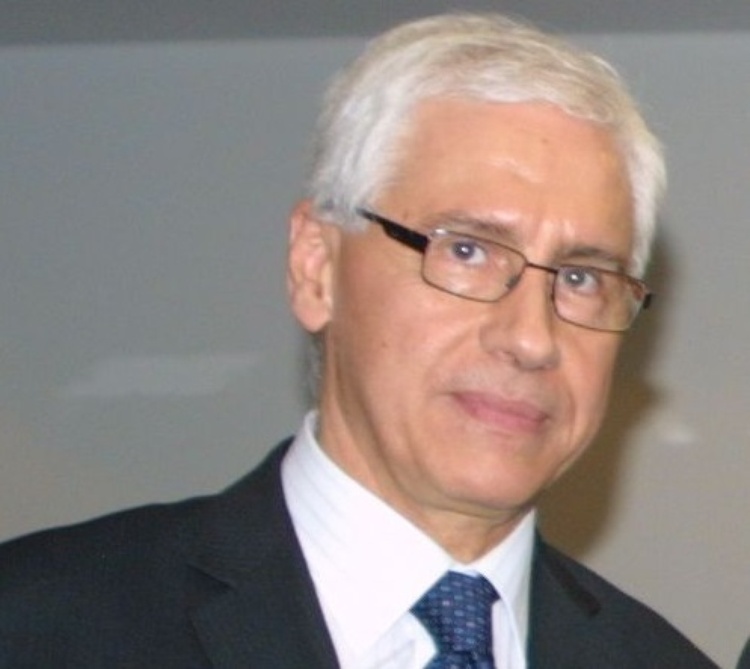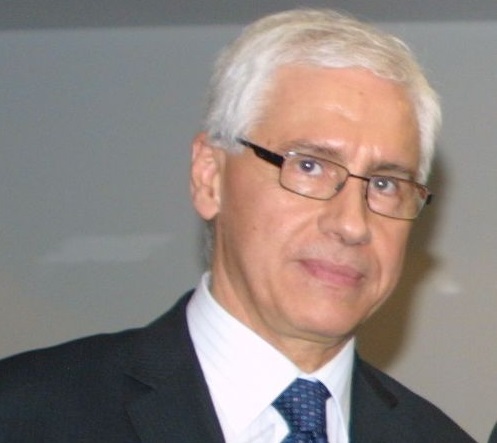He explains that the deciding factor was his profound admiration for Matteo Renzi’s leadership of the Democratic Party (PD).
“He’s a leader with the right energy and human and political qualities to guide Italy’s transition towards a modernisation of relations between citizens, public administration and politics,” he says.
Mr Pascalis is convinced that this “modernity” was demonstrated – aside from some errors – during the famous thousand days of Mr Renzi’s government, which culminated in the failure of a reform which he defined as “a missed opportunity for Italy”.
However, as we saw in the referendum, Italy did not view the constitutional reform as an opportunity, but rather a threat to the stability of its institutions.
Politicians should try to understand the reasons behind this, listening to citizens and interpreting their needs in a congruent manner.
“Congruent”, not in the sense that they can’t change their minds, but in a way in which they can make an objective evaluation of their past.
Mr Pascalis believes that he has been objective throughout his entire political career.
“In 2006, I appeared on the Forza Italia (FI) list, but I was officially a candidate for the Union of the Centre (UdC),” he says.
Mr Pascalis was connected to the to the UdC, more for personal reasons than a “particular political closeness”.
“I was asked to stand because they knew what I was doing here in Australia and what I had done as advisor to [Mirko] Tremaglia,” he explains.
Albeit a member of the National Alliance (AN), Mr Tremaglia had a “constitutional vision” when it came to Italians residing abroad and he had “representatives from all parties in his group”.
It was a political path, or as Mr Pascalis describes it, “a collaboration between politics and the institutions”, which came from afar but has made its way to the PD today.
He explains that the journey was a shift towards the PD, spurred mainly by “the aim of achieving social justice”.
Mr Pascalis hopes to achieve this goal only by “working within the parties”.
“I don’t mean that, in order to reach this goal, one party is the same as another, but I don’t regret what I did at all because it’s a compatible move in my opinion,” he says.
“The PD is a left-wing party which has established a more moderate position under Mr Renzi, and I consider myself moderate.”
By taking advantage of these experiences, Mr Pascalis came up with his idea of a future for the Italian community in Australia which combines traditional immigration with the current phenomenon of “newly arrived Italians”.
Mr Pascalis believes this is an opportunity which Australia should welcome.
Instead, by way of closed-border policies, it is hindering the arrival of new forces along with the contributions that young Italians can make to the country.
At the same time, he feels that Italy should also be more open, “internationalise” itself, and look to Australia as an alternative market on which to focus more intently.
“Italy needs to understand that Australia is still a country that can offer lots of opportunities,” says Mr Pascalis, adding that this will be his aim, should he be elected as representative of our community in the Italian parliament.
It’s a community which he knows well and in which he believes the PD plays an integral role.
The events of the last 12 months have been characterised by divisions and splits within the party, a transition fraught with painful moments.
“I was sorry when it happened, but I don’t believe that anyone was actually responsible,” Mr Pascalis says.
“The reasons can be ascribed to contrasting views, as well as the fact that organisational obstacles prevented communication with the party’s leaders. Those members who have brought the group this far, feel they have not been duly listened to.
“However, both sides are responsible for this split, even though I believe that it’s not good to leave a place slamming the door; you need to stay, voice your views and be heard.”
Now, old friends find themselves on opposing political sides in this uncertain electoral race.
“Nonetheless, they don’t worry me,” Mr Pascalis concludes, considering a possible outcome.
“We’ll see at the ‘showdown’ what they achieve; but then again, I’m always convinced that these divisions are bad for everyone.”












